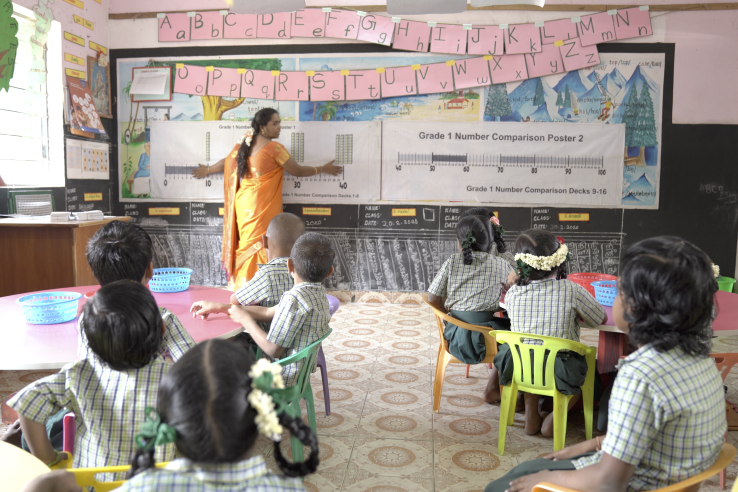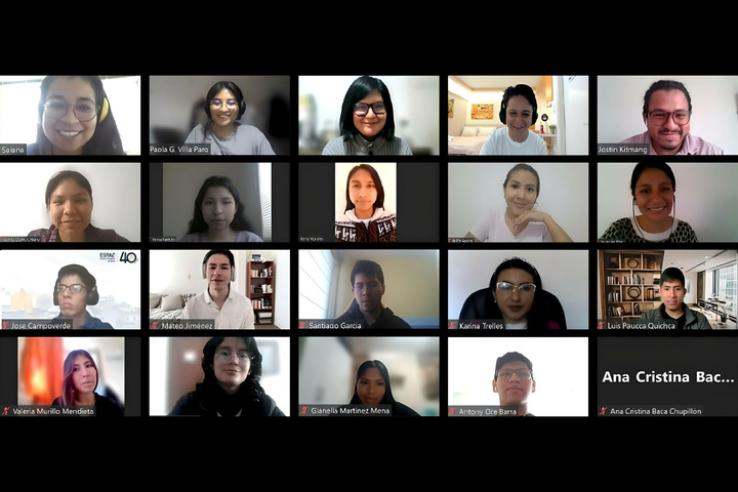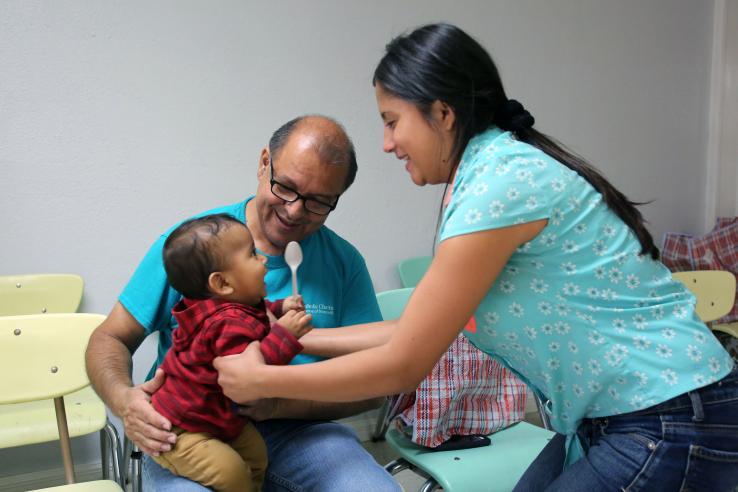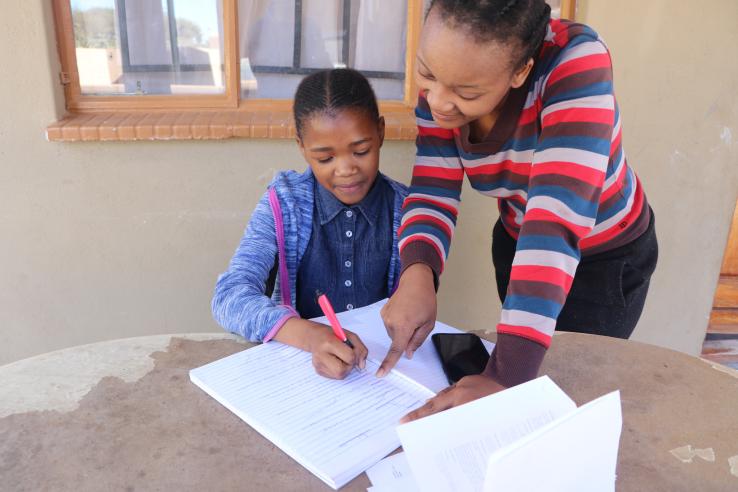Displaying 3271 - 3285 of 8489
Resource
Layout Page
ASPIRE responds to pressing economic and social challenges, which restrict the lives of millions of Indians. We are working on tackling root causes of poverty, by maximizing the impact of evidence-based solutions.
Resource
Layout Page
ASPIRE’s core mission is to reduce poverty at scale by partnering with governments, civil society, and donors to embed evidence-based solutions into public systems. Through a collaborative and systems-oriented model, ASPIRE helps ensure that every investment achieves outsized and lasting impact.
Resource
Layout Page
Alliance for Scaling Policy Impact through Research and Evidence (ASPIRE) is a joint initiative of J-PAL South Asia and the Veddis Foundation to bring together governments, donors and CSOs working towards alleviating poverty through scientific evidence and data.
Research Paper
File: Research paper
Research Paper
File: Research paper
Research Paper
File: Research paper
Blog
In this post, we speak with the co-founders of EconThaki, an organization created to improve diversity and inclusion in economics through information, training and mentoring in South America. Econthaki was launched by young Peruvian researchers, including Jostin Kitmang, J-PAL LAC Research Manager...
Blog
In Guatemala—one of the countries with the world's highest stunting rates and low early childhood education enrollment—several organizations and government institutions increasingly recognize the importance of improving early child development (ECD) and have accumulated relevant key lessons on ECD...
Update
J-PAL Updates
Our June 2023 Newsletter features the first of J-PAL's 20 for 20:Partner Voices blog series, the latest evidence on microcredit, and an alumni of of J-PAL and MIT’s Data, Economics, and Development Policy (DEDP) master’s program.
Evaluation
In western Uganda, researchers conducted a series of randomized evaluations that assessed the impact of introducing a combination of post-harvest services, training on agricultural best practices, and access to a market for high-quality maize on farmers’ productivity and profits. Researchers found that the extension services only intervention had little to no impacts on productivity and farmer profits.
Update
J-PAL Updates
J-PAL introduces a new cohort of Middle East/North Africa scholars and a new public policy track in the DEDP MicroMasters program. We also shine a spotlight on J-PAL Affiliated Professor, Raquel Bernal, and discuss findings related to improving mental health and low- and middle-income contexts.
Update
J-PAL Updates
J-PAL North America's July newsletter features a new policy brief on court nonappearance; new research results on effective legal representation; and an op-ed on summer jobs programs.
Evaluation
Researchers are conducting a randomized evaluation to measure a major preschool construction program underway in Morocco.
Person








